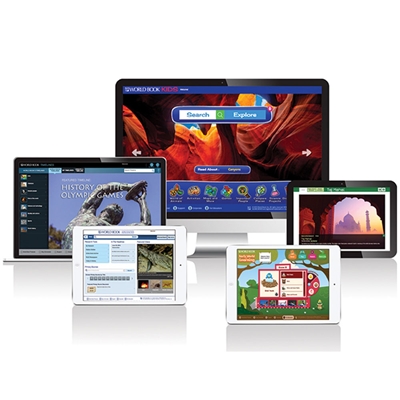In April 2017, U.S. astronaut Peggy Whitson set an American record with her 535th day in space. Credit: NASA
Last month, on April 24, United States National Aeronautics and Space Administration (NASA) astronaut Peggy Whitson set a new record for cumulative time in space by an American astronaut as she began her 535th day beyond Earth’s atmosphere. Currently on board the International Space Station (ISS), Whitson surpassed the previous record of 534 total space days set by astronaut Jeffrey Williams in 2016.
An astronaut is a person who pilots a spacecraft or works in space, particularly in the space program of the United States. In Russia and the other former republics of the Soviet Union, such men and women are called cosmonauts. Astronauts and cosmonauts operate spacecraft and space stations, launch and recapture artificial satellites, and conduct scientific experiments.
Peggy Whitson began her career at NASA in 1989, and she was selected to be an astronaut in 1996. In 2002, she spent six months aboard the ISS, performing several spacewalks to help assemble the station. During this time, NASA appointed her as the station’s science officer. She was the first person to serve in this position. In 2007, she embarked on another six-month mission to the ISS. Whitson served as the station’s first female commander, overseeing its further expansion. She began another tour at the station in November 2016, again serving as commander.
In addition to her new time-in-space record, Whitson has spent more than 53 hours on spacewalks outside the ISS. Whitson celebrated her 57thbirthday on board the ISS in February 2017, making her the oldest American woman to spend time in space. By the time she returns to Earth in September, she will have logged 666 days in orbit over the course of three missions. The world record for the number of days in space is held by Russian cosmonaut Gennady Padalka, who logged 879 days in orbit over several missions.
Among other duties on her current mission, Whitson is helping NASA identify some of the health problems that astronauts develop during extended stays in conditions of apparent weightlessness called microgravity. Such information will be useful in preparing for lengthy missions to Mars or for life at an extraterrestrial base.
Untitled Document Can't view the linked articles? Subscribe to World Book Online

World Book Online delivers a progressive sequence of core databases supported by supplemental
tools, such as language translation, graphic organizers, and unique Webquests. Moving from
Early World of Learning to World Book Advanced, World Book Online aligns end-users with their
appropriate learning levels. Each stand-alone site provides additional features to support the
needs of users’ specific capabilities.
The World Book Difference
World Book combines cutting-edge technology with traditional editorial excellence to produce
authoritative, trustworthy, and unbiased content. The digital content is updated in real time and
carefully curated for each learning level. Accessible 24/7, the content is available on a variety of devices.
World Book Online combines 21st-century instructional techniques with timely information.
By breaking down complex topics and using easily understandable text, World Book Online helps to
build fluency and increase comprehension. Featuring single sign-on capability, these sites are paired
with highly visual content to engage even the most reluctant reader. Our collection of resources kindles
a lifelong learning experience for every user. This adherence to clarity, currency, and accuracy makes
World Book’s digital offerings an information hub for the classroom, library, and beyond.